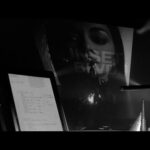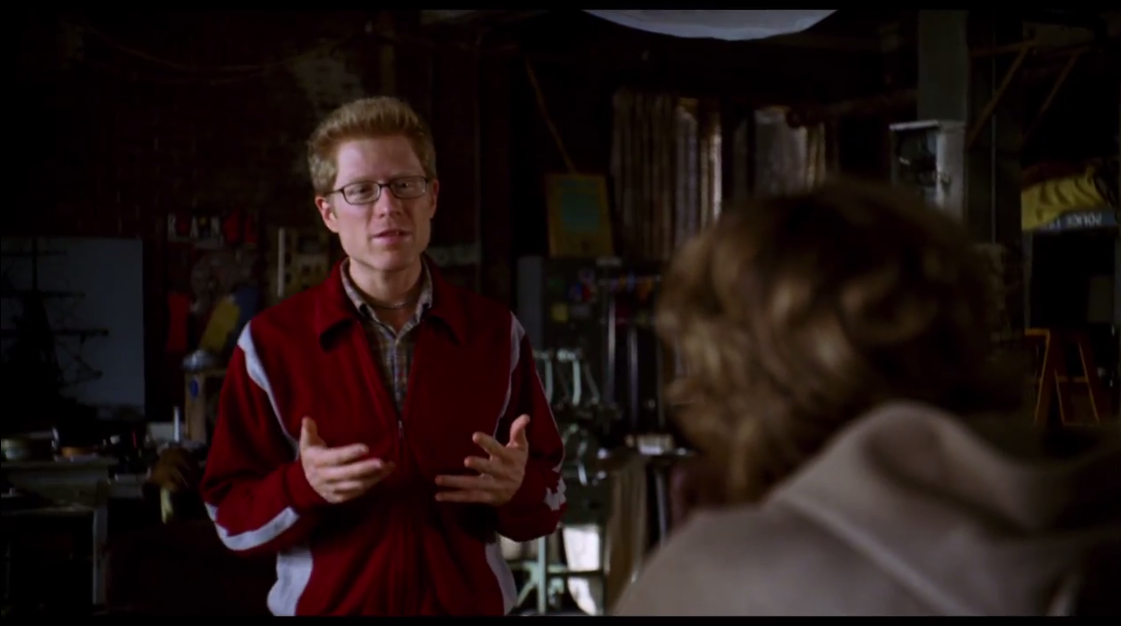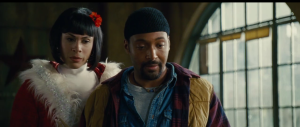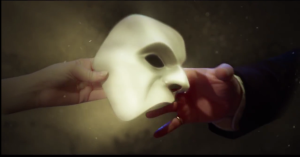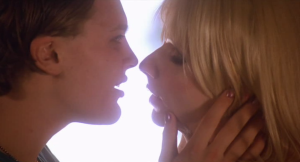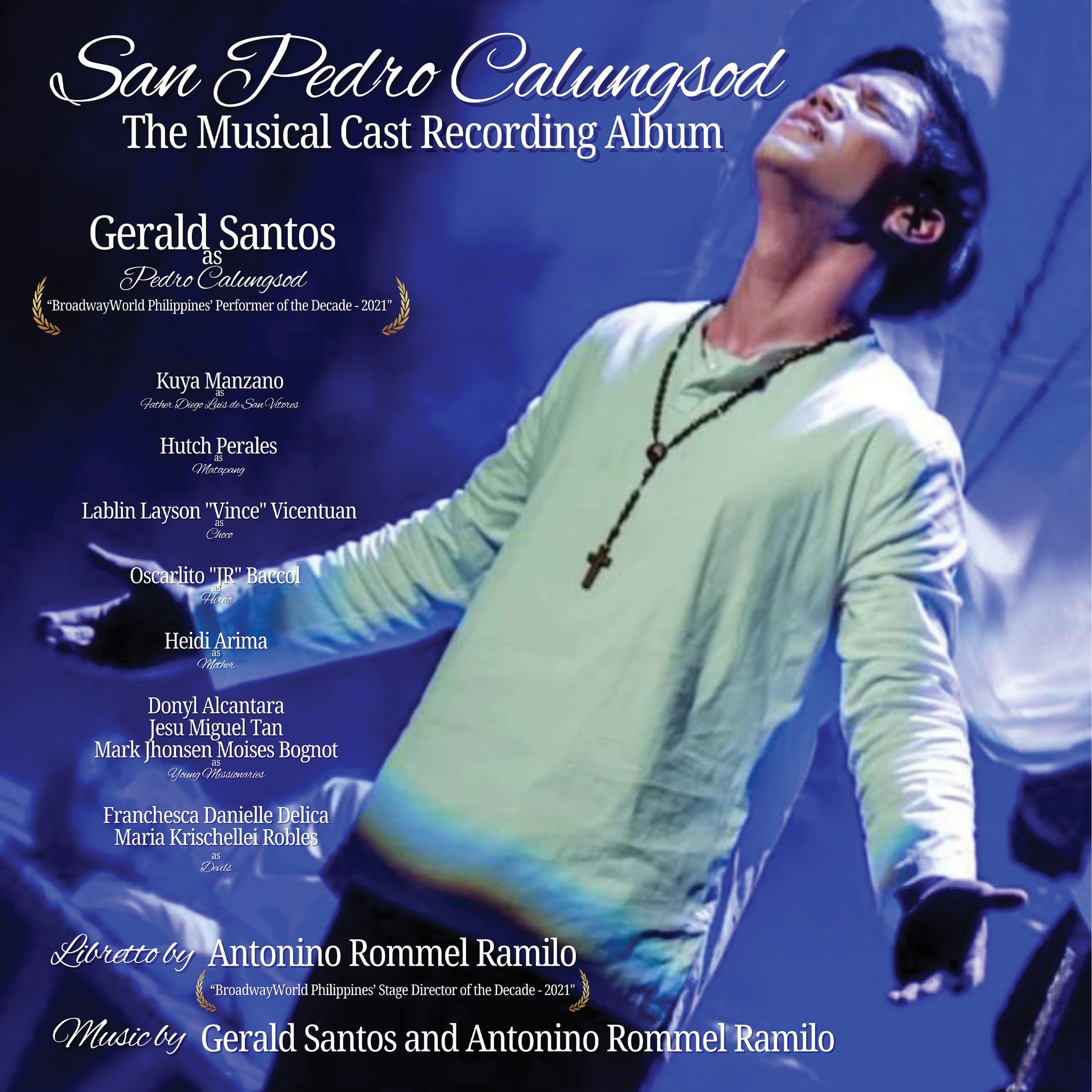You love musicals because you know that you have a set of rebuttals against folks who hate musicals. Taking the momentum from our previous article (that you can read here for good measure, in case you haven’t), there are reasons worth exploring in case you can justify your love for musicals. If there are methods to which fans can explain why they are so happy, make them describe something they love with a passion.
Besides long before there were motion pictures and television, people flock to the theater to be entertained. You love musicals because there are some things that entertain you in a way that the following pointers can explain.
– You love musicals because some productions still outpace CGI
2 of the main elements that affected the way the general viewing public viewed movies are computer-generated images (CGI) and 3D. People wanted to be entertained but not by getting their eyes oozed out by bad 3D effects. It’s as if some movies are meant to assault the senses in a bad way. While some musical theater productions don’t shy away from using bright lights and computer graphics in presenting their numbers, the effects are pleasant.
“Wicked” doesn’t have a Hollywood version yet. But based on several stagings all over the world, given the right material to present the untold story about the witches of Oz, it will look more magical than some CGI-dependent films could ever present. Besides, it is in musical theater where you realize that effects are important in a way that does not take the spotlight away from the music and the story. There is an element of getting the magic out there that no CGI can provide.
– You love musicals because of the live performances devoid of auto-tune
Whoever invented the auto-tune must have forgotten that music is still about expression. Singing is good when you get the notes right. But in musicals, you don’t sing just for the sake of sounding good. You are using music to push forward a story, not to prove yourself to be a great singer.
This brings us to why even if several actors have played the role of The Phantom in “The Phantom of the Opera”, old school fanatics would still keep Michael Crawford in their list of all-time favorites. The Phantom is supposed to sound scary and mysterious. There is an element of horror that his voice brought to the character that the rest haven’t delivered. If your basis for finding a great actor to play The Phantom would be the terror factor, Crawford will always be one of the top favorites.
– You love musicals because the spoken word is not enough
According to the BBC documentary “What Makes A Great Tenor?”, opera was invented because the spoken word is not enough. It can be viewed that musicals came to prominence because it is more about the lyrics and less about the notes. There is so much passion going on in a situation that affects a character so much that singing ends up getting cathartic.
If singing is catharsis, then “Sweeney Todd” is a good analogy to use. It can easily be dismissed that to his rabid fanbase, Johnny Depp can do no wrong. But the moment you realize that this barber is filled to the rim with so much anger, you don’t expect him to be in tune as a character in a musical. Sure enough, there are characters that are more concerned about having an outlet for all that rage. Singing is one. Apparently, singing is not enough. As sick as it may sound, you love musicals because characters get to continue with their killing spree. Even better, the singing adds drama and theatricality to the horror happening right before your eyes. I already mentioned the comparison between simply getting music to play in the background while wrecking havoc around you as opposed to singing the songs yourself sung while going malevolent.
– You love musicals because they can get away with ANY story
From historical fiction (Evita, Jesus Christ Superstar) to gay-themes (Rent, Hedwig and the Angry Inch), musicals can come up with any story that would fit the music composed. You may remember how most musicals made it big with the catchy tunes infused into the story. And there are instances where it’s more about the music and less about the story. That analogy comes up the moment you remember the version of “Les Miserables” starring Liam Neeson, Geoffrey Rush, Uma Thurman and Claire Danes. The story is still engaging but it still doesn’t feel the same as the version that starred Hugh Jackman, Russell Crowe, Anne Hathaway and Amanda Seyfried.
Music also helped in addressing pressing issues like AIDS as tackled in “Rent”. AIDS did not stop the characters from coupling up even if the idea of losing their loved ones loomed above their heads. There are happy songs like “I’ll Cover You” and “La Vie Boheme” that celebrated the happy times. But then again “I’ll Cover You” gets a funeral reprise. And “Goodbye to Love” addressed the aforementioned loss.
But the musical that really ran away with everything it got was “Hedwig and the Angry Inch”. A musical that served as homage to the glam rock era of David Bowie and other androgynous rock acts of the 80’s, it was a fitting backdrop to the issue at the center of this story – about being a transgender as seen through the point of view of Hedwig. There was less effort to romanticize the experience but it didn’t stop her from pursuing a career in rock music. This is where you realize how music is such a powerful way to express oneself. Assemble a playlist with the lyrics connecting each other to sum up her life best and you realize why musicals get away with any story when the alchemy is right.
 @TrishaYearwood @SusanGKomenfortheCure #forgood #bandasone
@TrishaYearwood @SusanGKomenfortheCure #forgood #bandasone
